Efficient Biomass Combustion with Reciprocating Grate Boiler Solutions from ZOZEN
As industries move toward sustainable and low-carbon energy systems, biomass boilers have become an increasingly important part of modern production processes. Among them, the reciprocating grate boiler stands out for its ability to handle diverse fuel types, including those with high moisture and variable particle size. Unlike fixed or chain grate designs, the reciprocating grate uses a mechanical motion system to continuously stir and advance the fuel bed, ensuring better combustion, less slagging, and improved efficiency.
The reciprocating grate boiler is particularly well-suited for industries where fuel variability is common, such as paper manufacturing, wood processing, agricultural residues, and biomass power generation. Its stable operation, adaptability, and efficient combustion make it a preferred choice for companies aiming to balance production stability with environmental compliance.
Advanced Design and Technical Strength of ZOZEN DZW Reciprocating Grate Biomass Steam Boiler
The DZW series reciprocating grate boiler from ZOZEN is a double-drum, longitudinally arranged water-tube boiler specifically designed for biomass fuels. It integrates mechanical reciprocating grate movement with optimized air distribution and efficient heat exchange surfaces to ensure complete combustion and stable steam output.
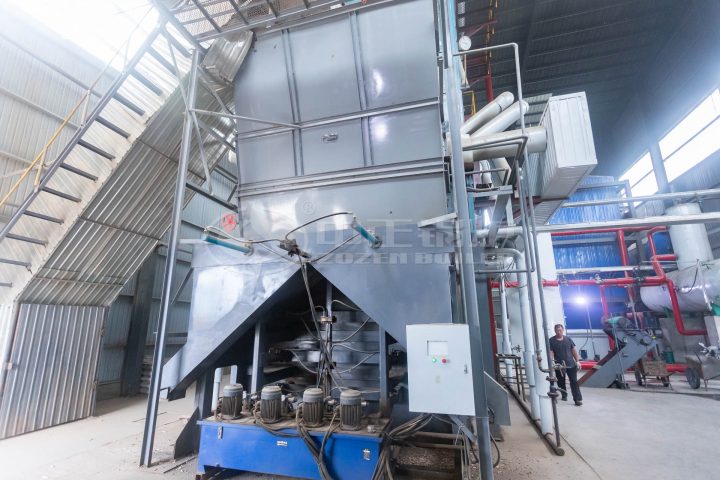
ZOZEN 36 ton DZW reciprocating grate boiler
The reciprocating grate mechanism is the core of this boiler. It operates through a coordinated back-and-forth motion that continuously stirs and loosens the fuel layer. This mechanical movement prevents clumping and ensures that fresh air reaches the burning surface. As a result, even biomass fuels with higher moisture content—such as wood chips, straw, or palm residues—can burn effectively without pre-drying. The dynamic fuel bed maintains uniform combustion conditions, reducing the formation of clinker and ash deposits while extending maintenance intervals.
Complementing the grate’s motion, the independent air chamber design plays a crucial role in precise combustion control. The air supply system divides the air chambers along the grate length, allowing for zoned air distribution according to the fuel’s combustion stages—drying, volatile release, and burnout. This feature enables the DZW reciprocating grate boiler to respond flexibly to the combustion characteristics of high-moisture biomass. By delivering the right amount of air at the right temperature to each section, ZOZEN achieves efficient ignition, complete burnout, and stable flame development.
The furnace structure is spacious, providing ample residence time for fuel particles and flue gas, which enhances heat absorption and improves the overall combustion efficiency. The water-cooled walls and convection heating surfaces are densely arranged to optimize heat transfer, ensuring high thermal performance and reliable steam parameters.
In terms of material and manufacturing quality, ZOZEN applies strict production standards. The pressure parts are made from high-grade steel, processed using automated cutting, welding, and forming equipment. The CNC-based production lines ensure dimensional accuracy and welding integrity. Every reciprocating grate boiler undergoes hydrostatic and non-destructive testing before leaving the factory, guaranteeing operational safety.
To further enhance energy efficiency, the DZW series can be equipped with an economizer and air preheater. The economizer recovers residual heat from exhaust gases to preheat feedwater, while the air preheater raises combustion air temperature, improving fuel combustion and reducing flue gas losses. This integrated design not only increases the boiler’s efficiency—achieving more than 86% in typical biomass applications—but also lowers overall fuel consumption and emissions.
For customers considering investment in biomass energy systems, the reciprocating grate boiler represents a balanced choice. While its initial setup may involve slightly higher mechanical complexity compared to simple fixed grates, the long-term benefits—stable combustion, reduced fuel preparation costs, and lower operational downtime—make it a cost-effective and sustainable solution for industrial use.
ZOZEN DZW Boiler Boosting Energy Efficiency in a Paper Manufacturing Plant
A leading paper product manufacturer’s production relied heavily on biomass residues sourced locally, but the high moisture level of the raw fuel made it difficult to achieve steady combustion with traditional boilers. To ensure consistent heat supply and lower energy costs, the company sought a reliable and efficient steam solution capable of handling wet biomass fuel without pre-drying.
After a thorough assessment of the company’s operational conditions, ZOZEN Boiler provided a customized DZW series reciprocating grate biomass steam boiler. This solution was designed to directly address the problems of incomplete combustion and energy loss caused by wet biomass.
The reciprocating grate mechanism proved particularly effective in this application. Through its continuous back-and-forth movement, the grate actively turned and loosened the fuel bed, breaking up clumps caused by high moisture and ensuring that fresh air reached all layers of the fuel. This mechanical agitation prevented sintering and slagging, which are common in conventional fixed grate designs. As a result, the combustion process became more uniform and efficient, maintaining stable furnace temperature and consistent steam output even under varying fuel conditions.
The independent air chamber system further enhanced the combustion process. ZOZEN engineers divided the air chambers along the furnace length and implemented precise control valves for each section. During the fuel drying phase, a smaller volume of preheated air was delivered to gently remove moisture without disturbing the fuel bed. As the combustion phase began, the air supply increased, ensuring complete burnout and minimizing unburned carbon content.
With these technologies working together, the paper mill achieved higher thermal efficiency, reduced fuel consumption, and more consistent steam supply across production shifts. The reciprocating grate boiler not only eliminated the need for additional fuel drying equipment but also cut down maintenance frequency thanks to cleaner combustion and reduced clinker formation.
Conclusion
The reciprocating grate boiler represents a modern solution for biomass combustion, combining mechanical precision with intelligent air management to achieve clean, efficient, and adaptable operation. Through the DZW series, ZOZEN Boiler has refined this technology to meet the complex needs of industrial users who rely on biomass as a primary energy source.
The successful application in the paper manufacturing sector demonstrates how ZOZEN’s advanced design effectively solves challenges related to fuel moisture, combustion stability, and energy efficiency. By providing consistent steam output and reducing operational costs, the reciprocating grate boiler becomes a valuable investment for enterprises pursuing sustainable growth.
With a strong engineering foundation, strict manufacturing standards, and dedicated after-sales support, ZOZEN Boiler continues to provide reliable and efficient steam solutions to global industries. For businesses seeking a practical, long-term energy partner, ZOZEN’s DZW reciprocating grate boiler offers the right combination of technology, performance, and service—helping companies achieve both economic and environmental benefits in the years ahead.
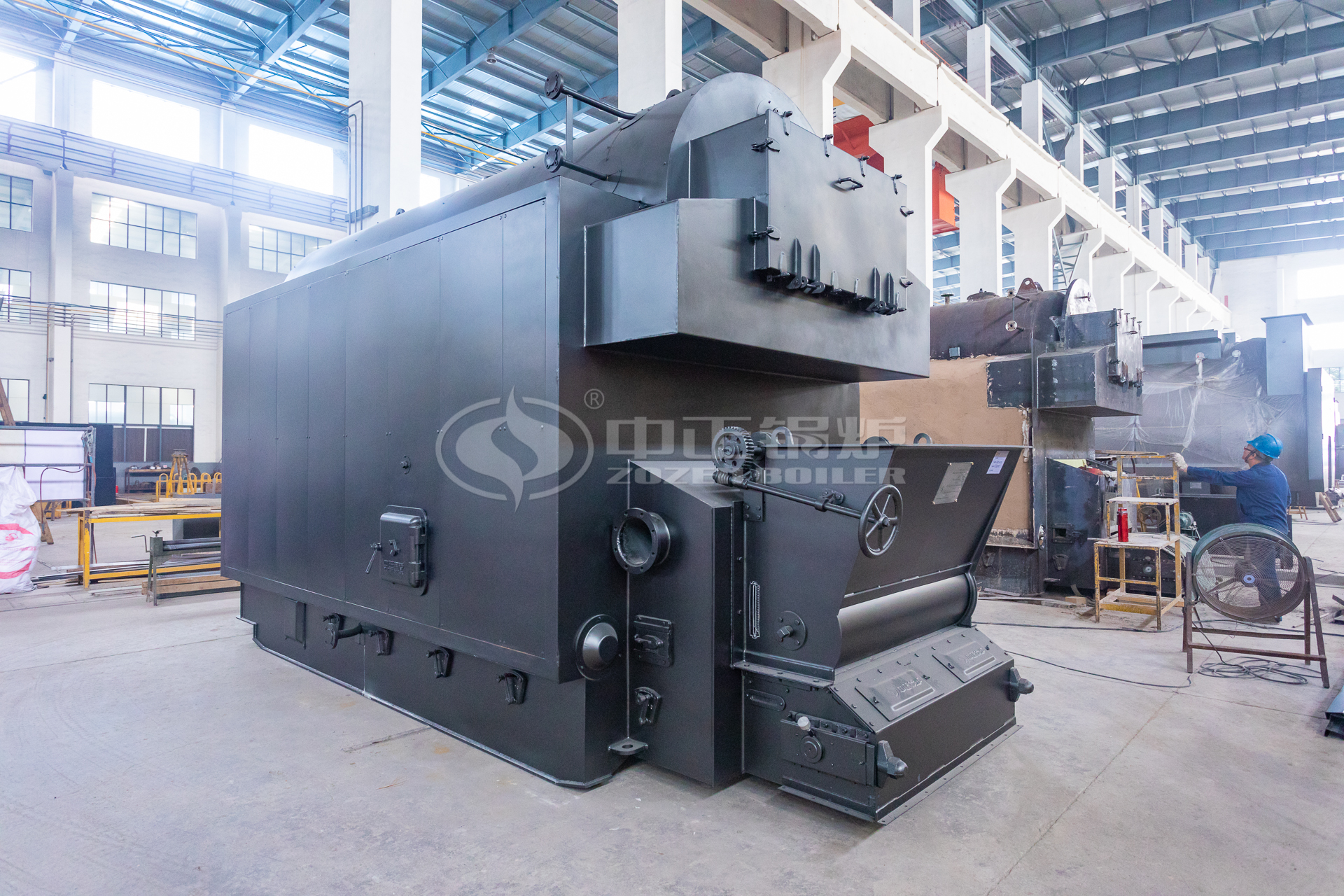
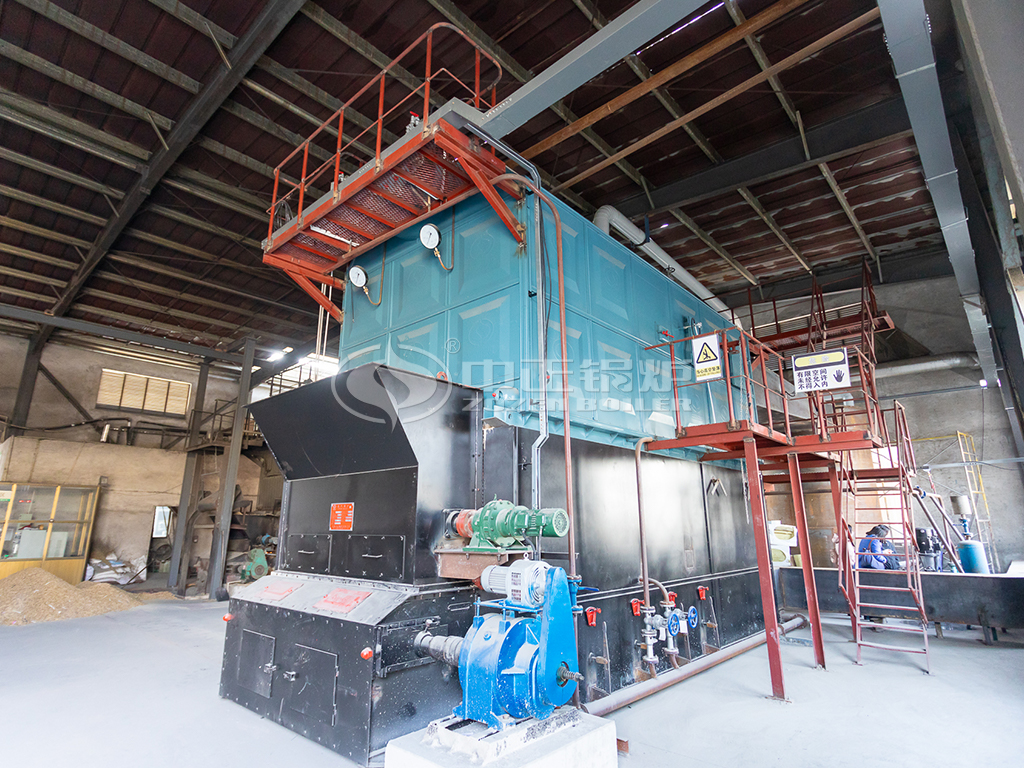
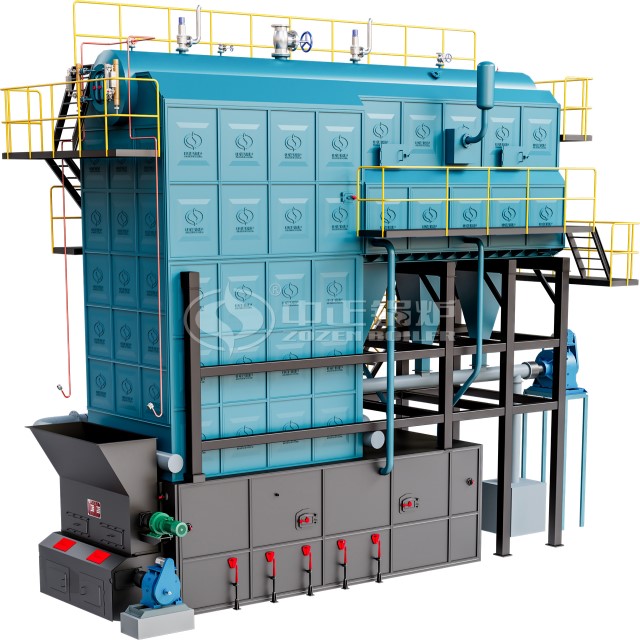

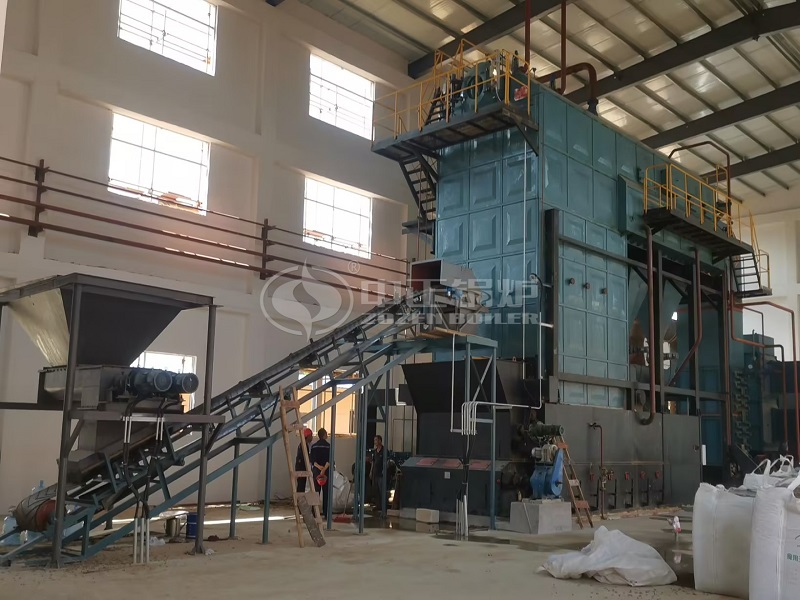
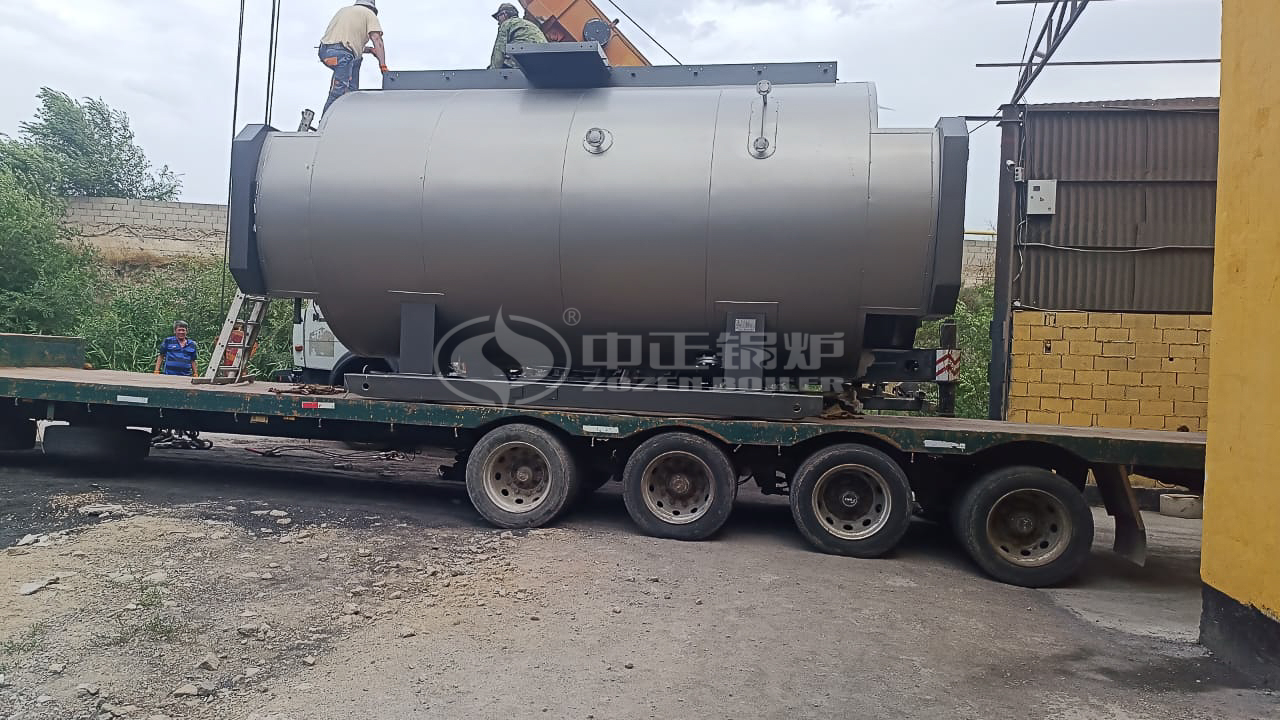
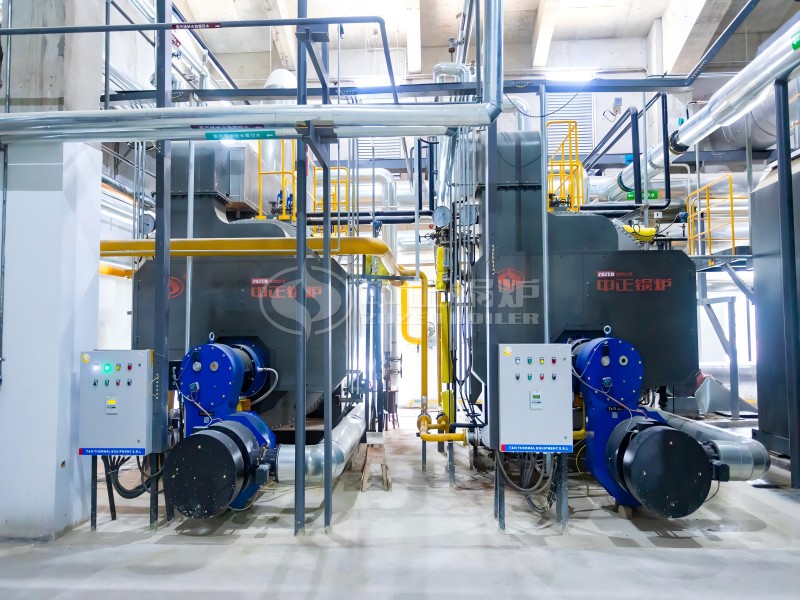
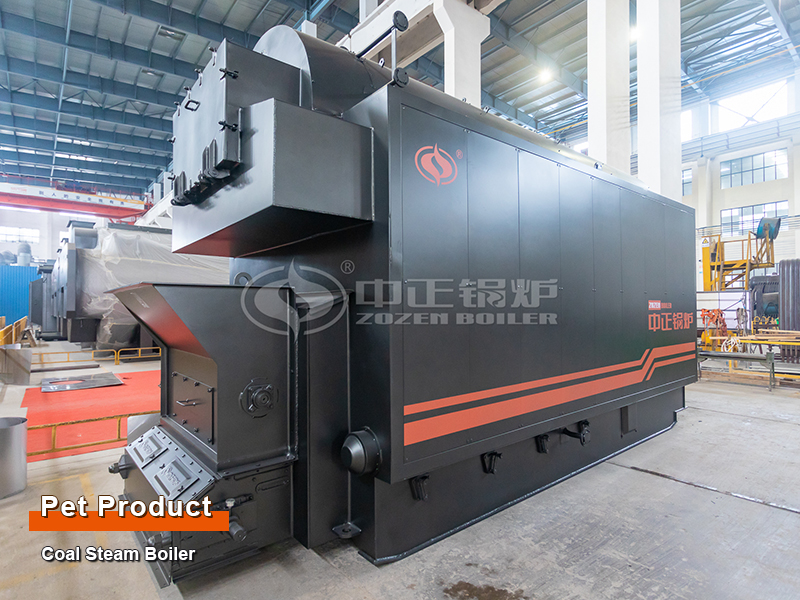
Leave a Reply